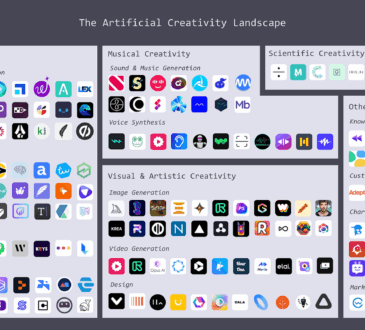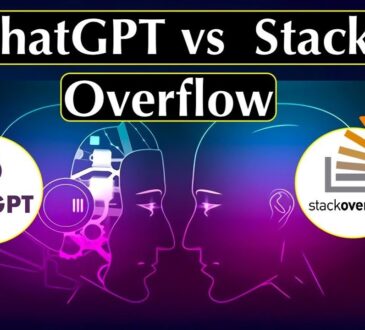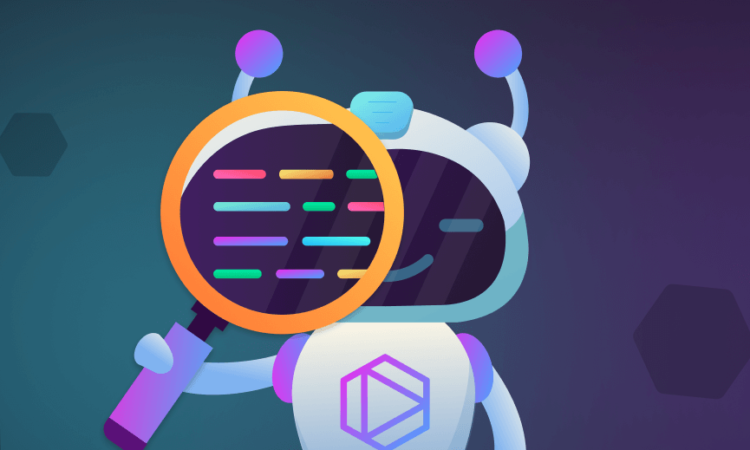
As software development becomes more complex and teams grow larger, code reviews have become an integral part of maintaining code quality, collaboration, and consistency. While manual code reviews are effective, they can be time-consuming, error-prone, and sometimes inconsistent. This is where AI-powered code review tools come into play, offering developers a way to automate the process, ensure quality, and identify potential issues much faster.
In 2025, AI-based code review tools are more intelligent than ever before, offering features like automatic bug detection, style enforcement, code optimization suggestions, and even security vulnerability detection. In this post, we’ll explore some of the best AI-powered code review tools that developers should try this year.
1. GitHub Copilot
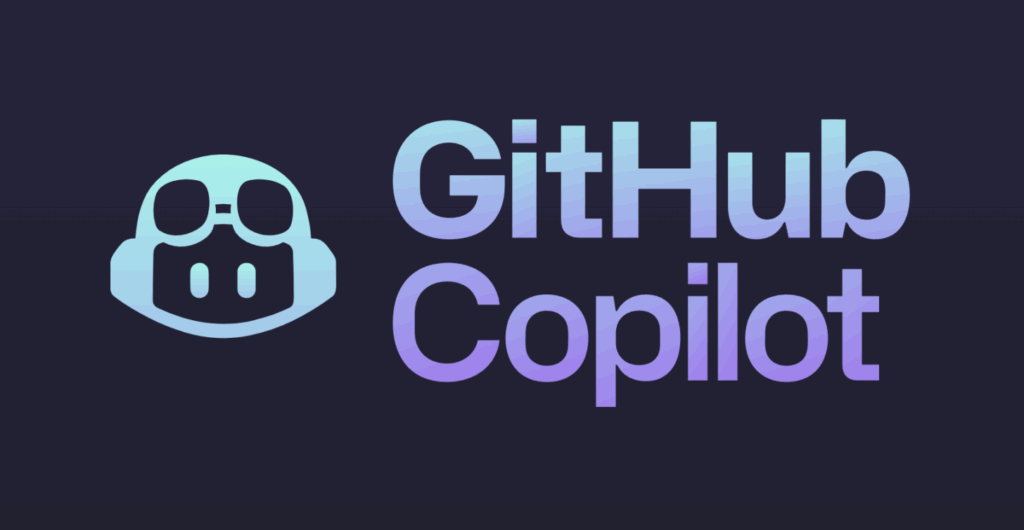
Best for: Code Suggestions & Style Enforcement
GitHub Copilot, powered by OpenAI’s Codex, is one of the most popular AI-powered code review tools available. While it is primarily known for its real-time code completion and generation capabilities, it also plays a crucial role in the code review process by suggesting improvements and detecting potential errors during the development process.
Copilot integrates directly into your IDE (Visual Studio Code) and provides intelligent code completion, ensuring that your code follows best practices and the appropriate syntax. During code review, it can offer suggestions for improving code efficiency and detecting minor bugs.
Key Features:
- Seamless integration with GitHub and VS Code
- Real-time code suggestions for improvements
- Detects common bugs and style violations
- Supports a wide range of programming languages
Why It’s Great:
GitHub Copilot accelerates the code review process by giving developers an instant review of their code, along with suggestions that can enhance code quality. It reduces the need for long review cycles and helps teams catch issues early in the development stage.
2. DeepCode by Snyk
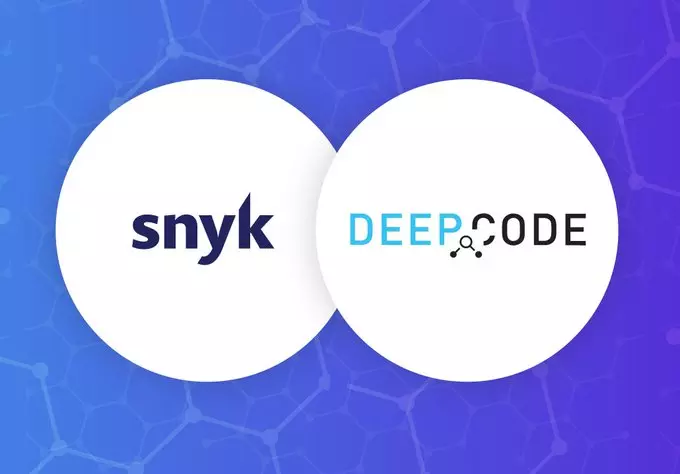
Best for: Security & Quality Insights
DeepCode, now part of Snyk, is a sophisticated AI-powered code review tool designed to automatically detect potential vulnerabilities and code quality issues in your codebase. It scans your code for security flaws, performance bottlenecks, and potential bugs, offering intelligent suggestions on how to improve the code.
DeepCode analyzes your codebase in real-time, looking for patterns that are indicative of security vulnerabilities, code smells, and errors that could affect performance. It integrates with GitHub, GitLab, and Bitbucket to provide suggestions during pull requests or commits.
Key Features:
- Real-time security analysis and vulnerability detection
- Identifies code quality issues and performance bottlenecks
- Supports popular languages like Java, Python, JavaScript, and more
- Integration with GitHub, GitLab, and Bitbucket
Why It’s Great:
DeepCode excels at automatically finding security vulnerabilities in your code. For teams working in high-security industries or handling sensitive data, it provides peace of mind by ensuring that vulnerabilities are caught before they can be exploited.
3. CodeClimate

Best for: Code Quality & Maintainability
CodeClimate is an AI-powered tool that helps teams maintain high code quality and consistency. It offers detailed insights into the health of your codebase, highlighting areas that may require refactoring or improvement. CodeClimate’s AI reviews code based on a wide array of quality metrics, including complexity, duplication, and test coverage.
It integrates easily with GitHub, GitLab, and Bitbucket and provides detailed reports during code review processes, allowing teams to identify problematic sections of code and enforce better practices. One of its most valuable features is its maintainability index, which scores your codebase and provides actionable recommendations to improve code quality.
Key Features:
- Real-time code quality and maintainability scoring
- Automatic identification of code duplication, complexity, and more
- Seamless integration with GitHub, GitLab, and Bitbucket
- Supports multiple languages and frameworks
Why It’s Great:
CodeClimate is particularly beneficial for long-term maintainability. It helps teams identify areas of their code that might lead to future problems, like overly complex methods or duplicated logic, ensuring that their software remains scalable and easier to manage.
4. Codacy

Best for: Automated Code Review & Coverage
Codacy is another AI-powered code review tool that automates the process of reviewing code for quality, style, and security. Codacy supports over 40 languages and integrates with various CI/CD pipelines and version control systems, such as GitHub and Bitbucket.
Codacy uses AI to analyze your codebase against a predefined set of coding standards, detecting issues like inconsistent code style, security vulnerabilities, and potential bugs. It generates detailed reports after every pull request and highlights areas of concern, helping teams fix issues before they make it to production.
Key Features:
- Supports over 40 programming languages
- Integration with popular version control systems and CI/CD tools
- Enforces coding standards and identifies code quality issues
- Detailed insights into test coverage and security
Why It’s Great:
Codacy excels in providing automated code quality reviews and can be seamlessly integrated into your CI/CD workflow. This makes it an excellent choice for teams looking to implement continuous code quality checks as part of their development process.
5. SonarQube

Best for: Static Code Analysis & Technical Debt Management
SonarQube is a widely-used static code analysis tool that helps teams find bugs, security vulnerabilities, and code smells in their projects. It uses AI and machine learning algorithms to analyze codebases, offering insights into potential problems that could affect both performance and security.
SonarQube integrates with CI/CD pipelines and version control systems like GitHub, GitLab, and Bitbucket, allowing it to provide detailed feedback during the code review process. The tool is well-known for its ability to highlight technical debt—areas of the codebase that may require refactoring over time to reduce future maintenance costs.
Key Features:
- Static code analysis for security vulnerabilities, bugs, and code smells
- Integration with CI/CD tools and version control systems
- Tracks technical debt and helps teams manage code quality
- Supports a wide range of languages like Java, Python, JavaScript, and more
Why It’s Great:
SonarQube provides a holistic view of code quality and is particularly useful for teams that want to track and manage technical debt over the lifecycle of a project. Its detailed insights help developers and managers make informed decisions about when and how to address problematic areas in the codebase.
6. PullRequest

Best for: Expert Code Reviews & Tailored Feedback
PullRequest is a unique AI-powered code review tool that combines machine learning with human expertise. The AI automatically reviews code for issues related to style, correctness, and performance, but it also leverages expert reviewers to provide personalized feedback for more complex problems.
Unlike other AI tools that work in isolation, PullRequest offers a hybrid approach, using AI for initial feedback and human reviewers to offer more detailed suggestions. This makes it a great tool for teams that want to ensure high-quality reviews but don’t have the bandwidth to conduct manual reviews for every pull request.
Key Features:
- Hybrid AI + human code review process
- Automated review of code style, correctness, and performance
- Expert reviewers provide feedback for complex issues
- Supports popular languages like Java, Python, JavaScript, and more
Why It’s Great:
PullRequest is perfect for teams that require a balance of automation and human insight. Its combination of AI-driven analysis and expert reviewers offers a more comprehensive and tailored code review experience.
7. ReviewPad
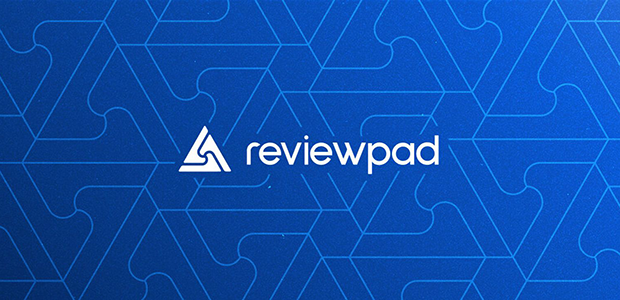
Best for: Real-time Collaboration & Code Collaboration
ReviewPad is a real-time code review platform that integrates AI for automatic feedback, focusing on collaboration and productivity. It offers suggestions for improvements, including identifying bugs, recommending better coding practices, and ensuring security standards are met. ReviewPad also allows for smooth collaboration between team members during the review process, making it easier to track comments, resolve issues, and finalize changes.
Key Features:
- Real-time collaboration with teammates during the code review process
- AI-driven suggestions for bug fixes, code optimization, and security
- Seamless integration with GitHub, GitLab, and Bitbucket
- Visual feedback for easier understanding of code changes
Why It’s Great:
ReviewPad stands out for its focus on real-time collaboration, making it ideal for teams that need to work together closely during the review process. The AI-driven feedback helps accelerate the process without compromising the quality of the review.
Conclusion
AI-powered code review tools in 2025 are not just about automating the process—they’re about making development teams more efficient, secure, and proactive about maintaining code quality. Tools like GitHub Copilot, DeepCode, and SonarQube have transformed the way developers approach code reviews, helping them catch issues early and ensuring that their software remains scalable, maintainable, and secure.
Whether you’re looking to automate code style checks, detect security vulnerabilities, or track technical debt, these AI-powered tools are ready to help streamline the process and improve the overall quality of your codebase. By incorporating these tools into your development workflow, you’ll be able to build better software faster.

